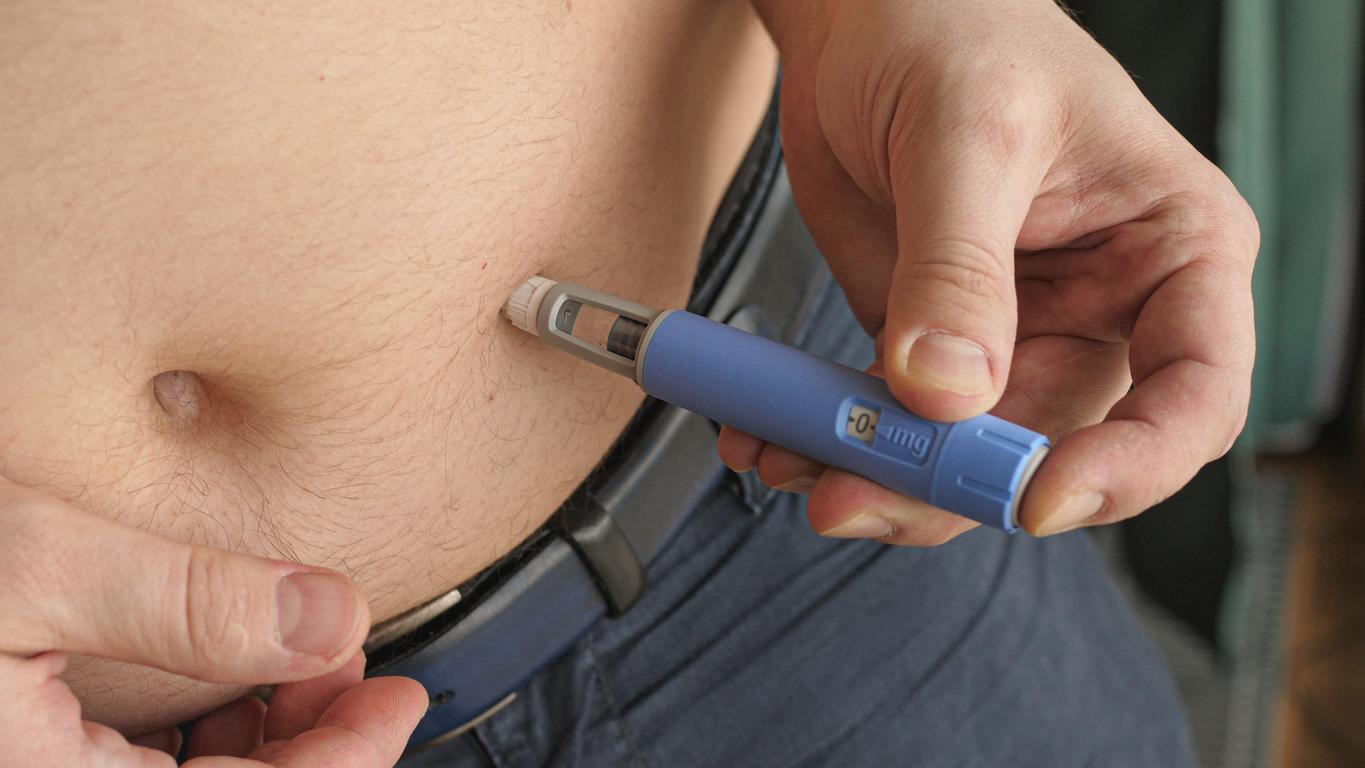The use of gene editing would reverse the process born of excessive alcohol consumption by adolescents.

- Teenage alcohol use has an epigenetic effect on a gene that predisposes to anxiety
- The technique of gene editing would reverse this process
Victim of anxiety, addict to alcohol? And if the solution was a kind of cerebral “reset” to reverse the process at the origin of these disorders? This is what suggests a study conducted by researchers at the University of Illinois at Chicago and published in Science Advances. Their approach relies on gene editing used as a treatment to cause a reversal of epigenetic reprogramming that predisposes to anxiety and excessive alcohol consumption in adulthood.
Reverse epigenetic reprogramming
The research team started from the observation that excessive alcohol consumption in adolescence alters the chemistry of the brain at the level of the activation of a gene, the Arc gene. Epigenetic reprogramming of this gene in the center of the brain that manages emotions and memory contributes to a predisposition to anxiety and alcoholism. It is this process that they sought to reverse by using in the laboratory and on animal models a gene editing tool called CRISPR-dCas9 which makes it possible to act on the activation or not of genes.
In mouse models, scientists have studied animals exposed to alcohol from their “adolescence” (a time in their life which corresponds to the age of 10 to 18 years in humans). By using the CRISPR-dCas9 system to promote DNA-modifying hydrogen atom substitution, Arc gene expression normalized and indicators of anxiety and alcohol consumption decreased.
Conversely, in adult animals that had not been exposed to alcohol, the use of the gene editor to block DNA modification led to a decrease in the expression of the Arc gene and a increased indicators of anxiety and alcohol consumption.
“A sort of reset for the brain”
“Excessive and early alcohol consumption can have lasting and significant effects on the brain and the results of this study offer evidence that gene editing is a potential antidote to these effects, offering a sort of reset for the brain.“, said Subbach Pandey, professor of psychiatry and lead author of the study.
While excessive alcohol consumption among adolescents is a serious public health problem, the researchers believe that their work “help to better understand what happens to developing brains when exposed to high levels of alcohol and provide hope for future effective treatments for anxiety and other alcohol use disorders“.

















